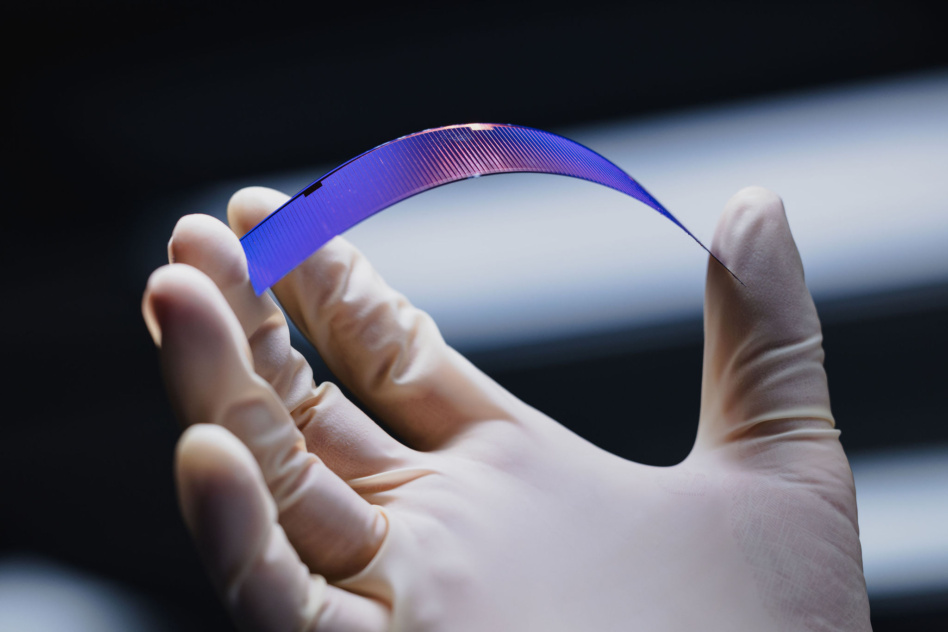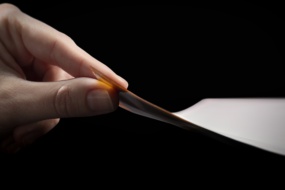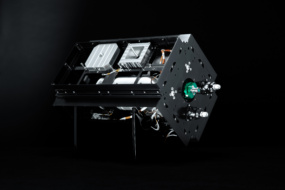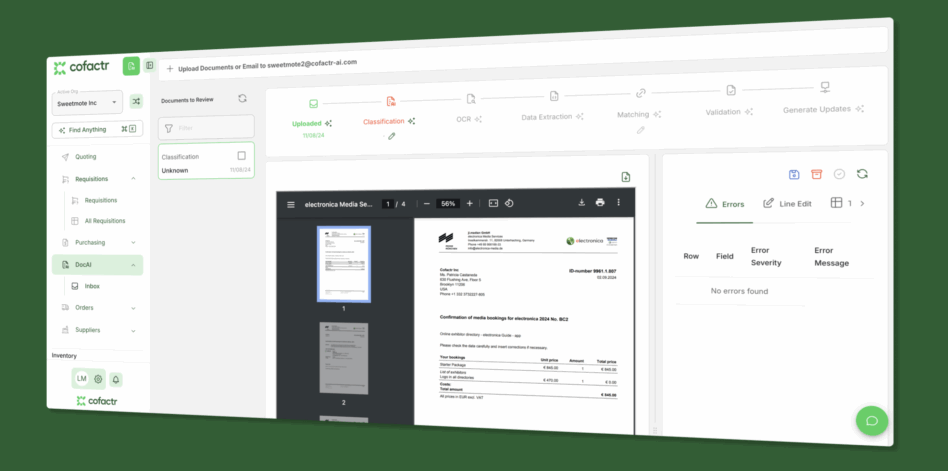Margo de Naray is taking the helm of space solar power startup Solestial on the heels of a $17M Series A, with a mandate to scale up production.
AE Ventures led the round, which closed earlier this year. Crosscut Ventures, Zeon Ventures, and Mitsubishi Electric Corporation’s innovation fund also joined existing investors. The company has raised $29M in an effort to be the power source of choice for swelling numbers of spacecraft in orbit.
Growmentum: De Naray began her career in manufacturing at Intel, then spent a stint at Cargill before joining Astra in 2022. At Astra, she successfully scaled up the rocket-maker’s propulsion unit manufacturing business.
“When I heard about Solestial—its value proposition and great product market fit and annealing and low mass and fast lead times—and they just need to scale, I was like, ‘Oh, that’s great,’” De Naray told Payload about taking the job.
Stanislau Herasimenka, the former Arizona State University researcher who co-founded Solestial as its CEO, will become the company’s CTO.
Sand power: Solestial’s photovoltaics are made from silicon, so unlike most space-rated solar cell makers, they don’t need to tap tangled supply chains to access rare minerals like gallium and germanium. Solestial’s cells are also “self-annealing,” which means they can recover from radiation damage that might degrade traditional silicon photovoltaics.
Fill the gap: By the end of 2025, a new production center should manufacture enough cells to produce 40 kW of power each month. Then, Solestial expects to start investing in automated production machinery to reach a 1 MW annual production rate, which the company says is the rough equivalent to all US and European production of space-rated solar panels made with traditional rare minerals.





